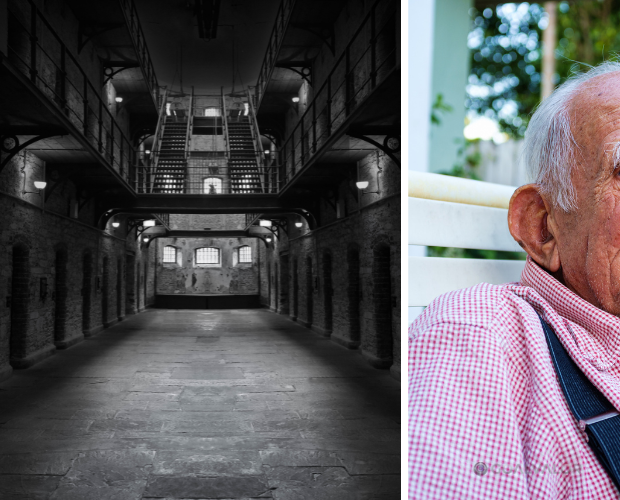Michael Bosworth Jr. was 18 years old, a lacrosse player, weeks away from graduating, and that night he was supposed to celebrate prom. Instead, he was fatally shot while filming a prank for TikTok with two friends. A tragedy that forces us to rethink how social media can violently collide with well-being and public safety.
It started early Saturday morning in a quiet suburb near Fredericksburg, Virginia. Three teenagers were playing a popular viral challenge known as “Ding Dong Ditch,” where participants knock on strangers’ doors and run away, capturing the reaction on video. They intended to upload it to TikTok, just like countless others before them. There was no malicious intent—only the hope of gaining visibility, likes, and digital validation.
But one resident, Tyler Chase Butler, 27, didn’t see it as a harmless prank. He called 911 to report a potential home invasion and, according to reports, fired his gun at the teens. Bosworth was struck in the torso and later died at Mary Washington Hospital. He had only one lacrosse match left before graduation from Massaponax High School.
In a world where mental and emotional well-being for teens is increasingly tied to their online identity, this tragedy raises important questions: Where do we draw the line between fun and danger? And what role do platforms and algorithms play in escalating these challenges?
Online services, visibility, and the responsibility of wellness professionals
Bosworth’s death shocked his community. His girlfriend, Malinda Garcia, shared a heartfelt tribute on Instagram, describing him as the best boyfriend, friend, brother, and son anyone could ask for. She posted a pink ribbon—what he was meant to wear that night at prom.
Meanwhile, Tyler Butler has been charged with second-degree murder, malicious wounding, and firearm violations. Authorities also uncovered additional allegations against him, including violating a restraining order and the illegal distribution of intimate images. The investigation continues.
This story unfolds in a digital ecosystem where teenagers are building their identities in the absence of traditional guidance. More than ever, we need professionals in online services who can mentor, educate, and support these young minds in a volatile environment.
Platforms like GoalValor champion the ethical work of certified wellness professionals—individuals who understand today’s digital codes but also know when and how to step in. Because it’s not enough to criticize social media: we need to walk alongside those who live in it. We must create digital spaces where connection serves personal growth, not risk.
In the hours after the tragedy, the school community gathered on the football field where Bosworth had played for years. Everyone wore blue and pink—his favorite colors. Balloons and sky lanterns were released with handwritten messages: “Long live Bos,” many classmates wrote. One lantern, his girlfriend’s, took longer to rise. “Is that yours? It doesn’t want to leave you,” someone says in a now-viral video.
Michael Bosworth’s story is not an isolated case. It’s a wake-up call. As viral challenges spread, we urgently need a network of professionals committed to full-spectrum well-being—physical, emotional, and digital. And we must do this wisely, with empathy, and through platforms that offer online services designed to evolve with the times.
Before another lantern struggles to lift off.
Source: NBC News, CNN, and CBS News. Reconstructed and expanded by GoalValor.









